📷 April 2024 Micro.Blog photo challenge, Day 14: Cactus
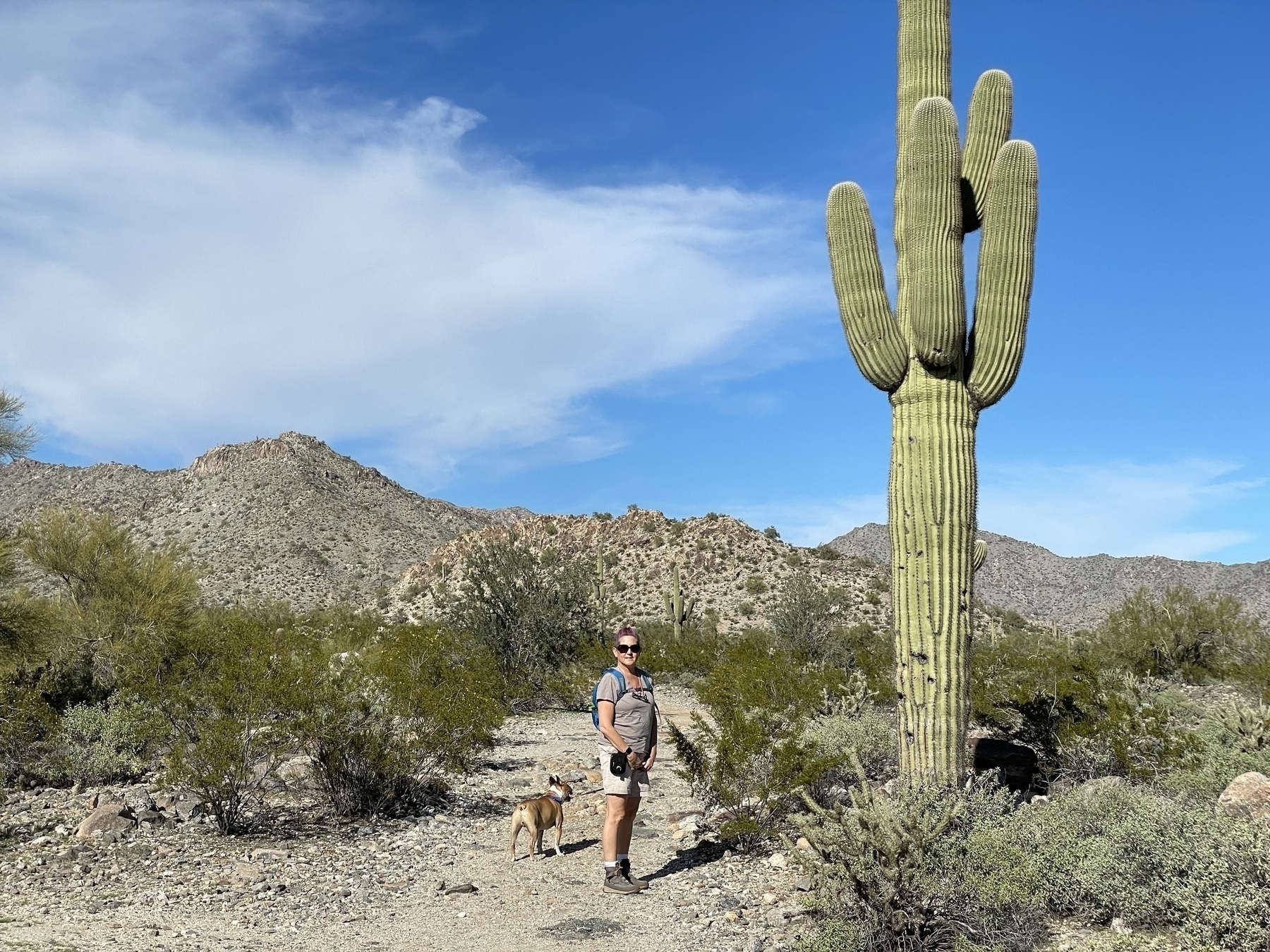
📷 April 2024 Micro.Blog photo challenge, Day 14: Cactus

📷 April 2024 Micro.Blog photo challenge, Day 13: Page
A random page from The House of Leaves by Mark Z. Danielewski. Definitely the trippiest book I’ve ever read, yet poignant and incredibly memorable. In sailing, we say it’s the journey, not the destination that matters. Same with House of Leaves.
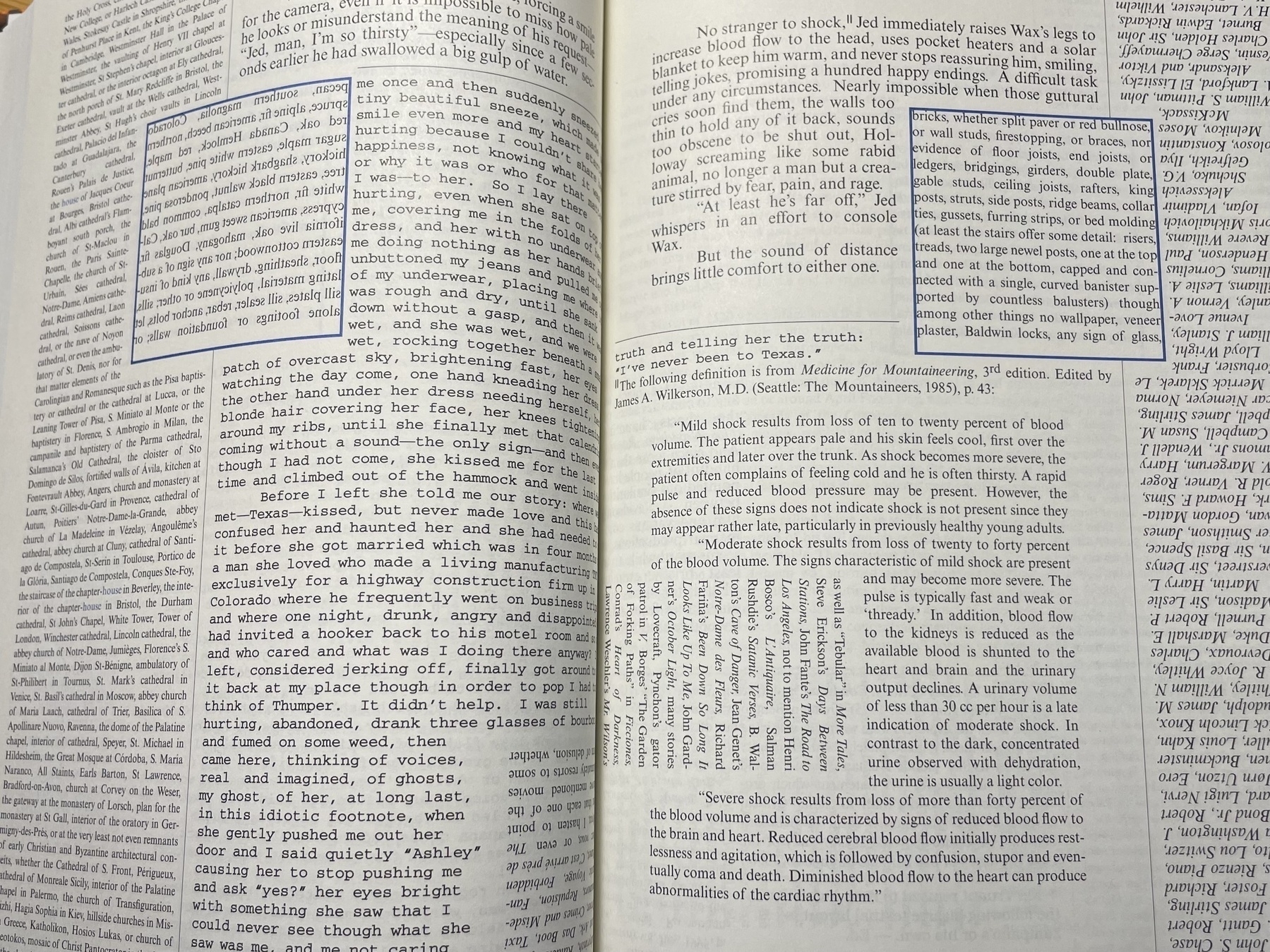
📷 April 2024 Micro.Blog photo challenge, Day 12: Magic
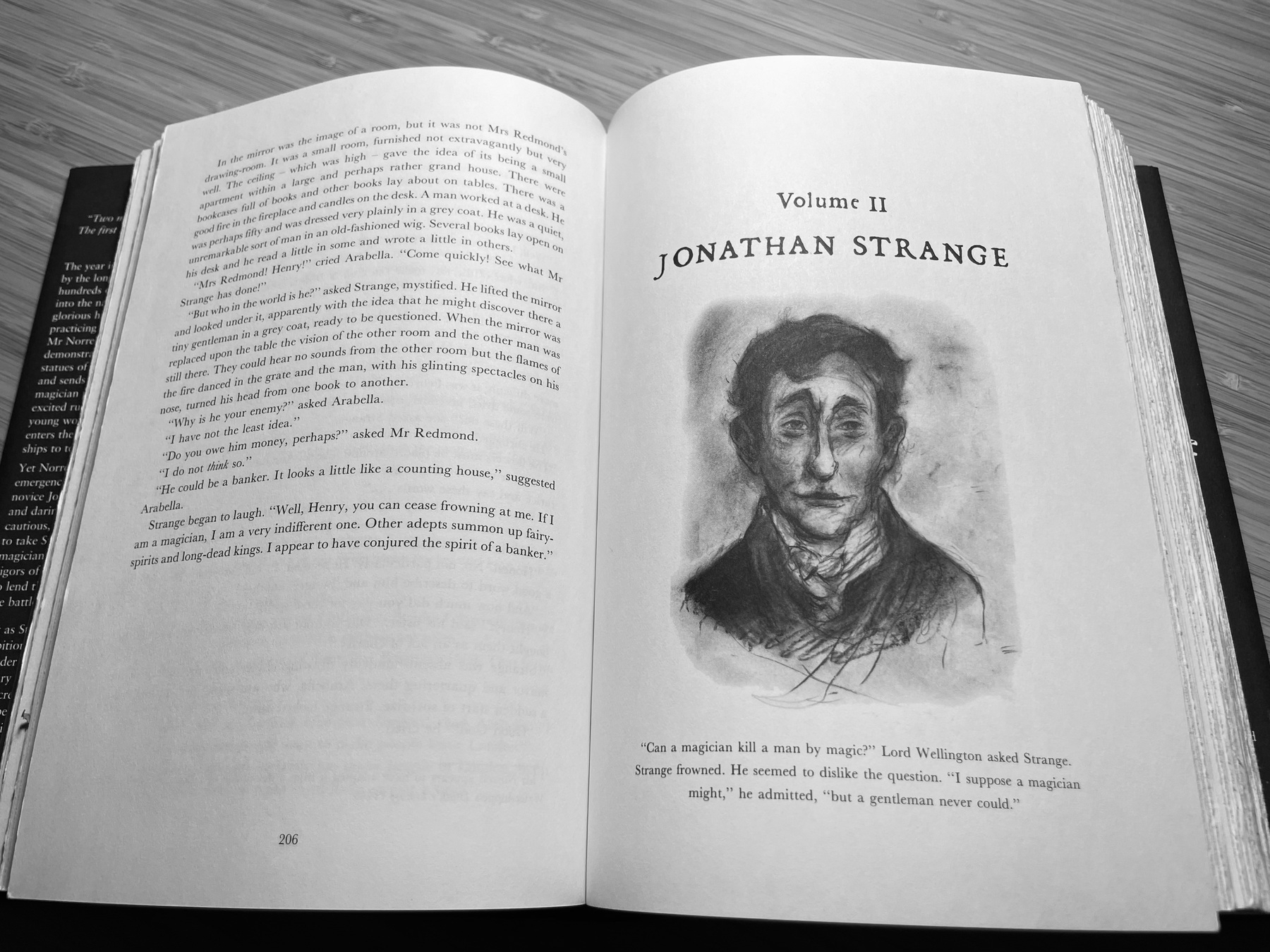
📷 April 2024 Micro.Blog photo challenge, Day 11: Sky

📷 April 2024 Micro.Blog photo challenge, Day 10: Train
Hobo bunnies waiting on a train in Ladysmith, British Columbia.

🥓 Day 9: Crispy | prompt submitted by @rom
As an antidote to yesterday’s prevention theme, here’s a flashback to breakfast aboard our boat with crispy bacon and donuts from the Lyme Kiln Cafe in Roche Harbor. Yum!
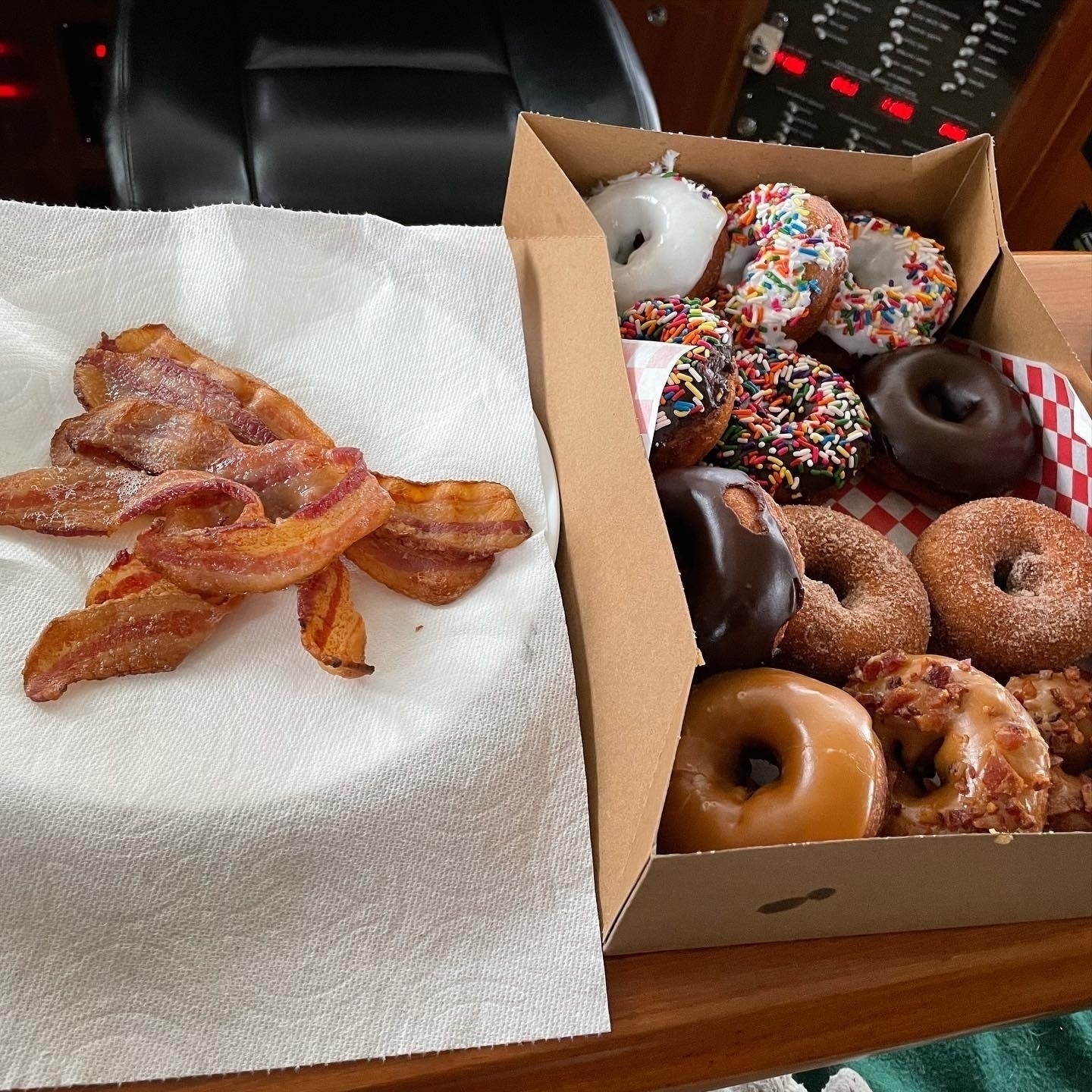
📷 April 2024 Micro.Blog photo challenge, Day 8: Prevention
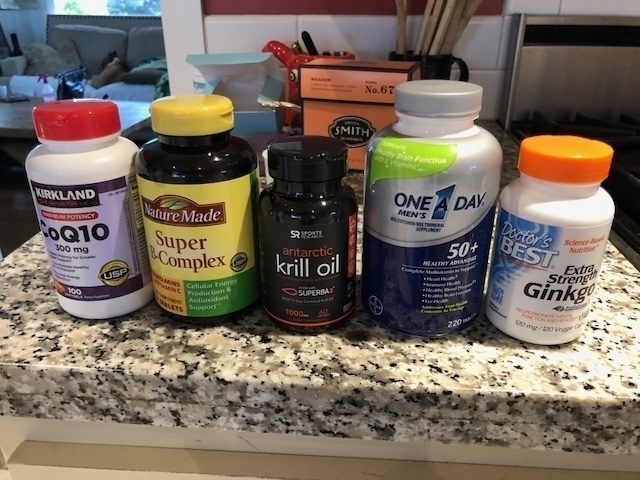
📷 April 2024 Micro.Blog photo challenge, Day 7: Well-being
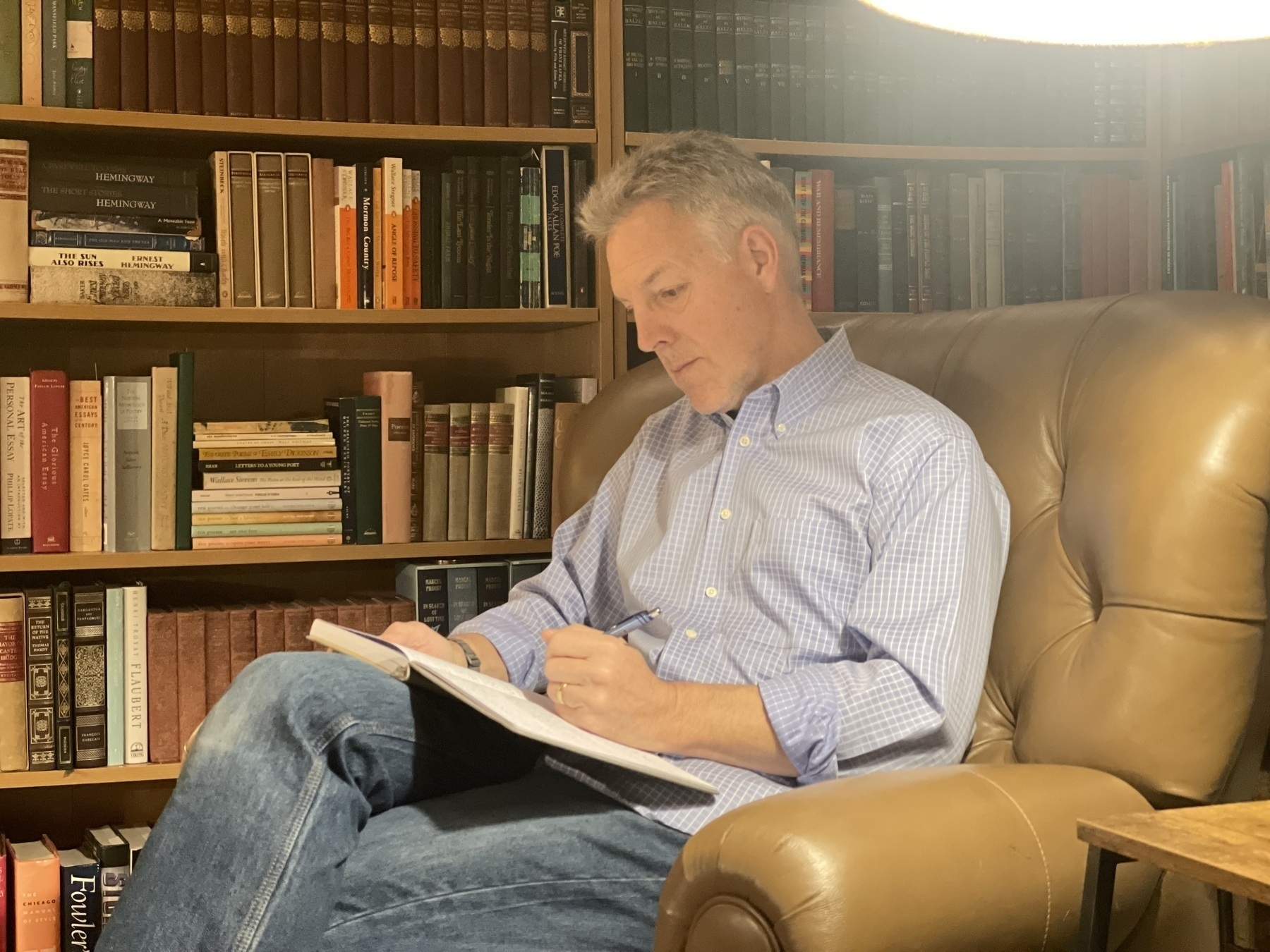

Currently reading: Desperation by Stephen King 📚
Tackling the remaining Stephen King books I haven’t read. I usually read fiction on my Kindle, but I have the hardback of this one. I forgot how heavy and unwieldy some of Stephen King books can be!
📷 April 2024 Micro.Blog photo challenge, Day 6: Windy
Gale force winds aboard MV Indiscretion.
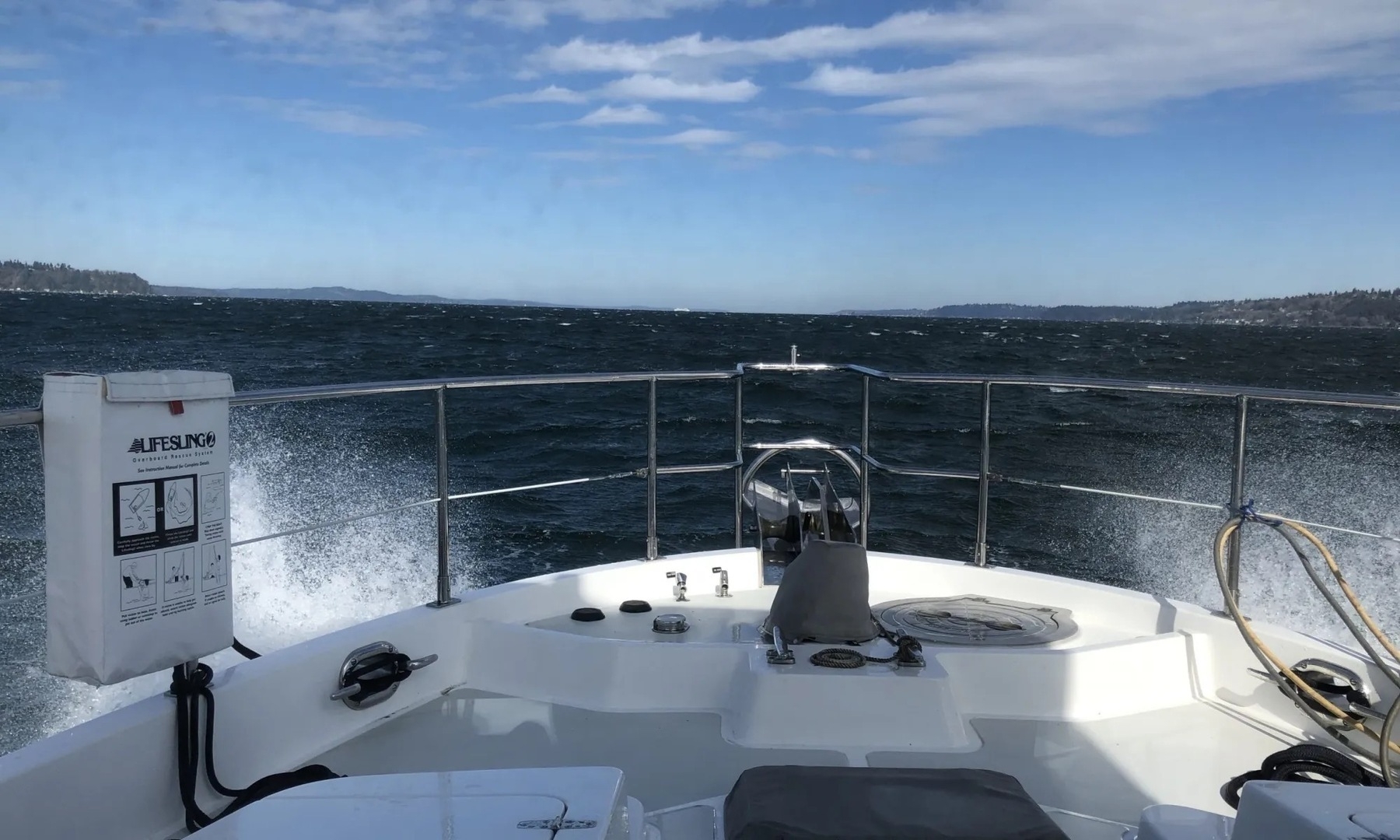

Finished reading: Small Things Like These by Claire Keegan 📚
I loved this short, spare novella. In 109 pages, Keegan puts you squarely in the mind and body of its protagonist, Furlong. You feel the pangs of long-ago childhood angst, the chill of an Irish cold spell, the ugliness of small town bigotry, the warmth of a coal stove, the despair over the human cruelty. The Irish dialogue felt more like music or birdsong, making me wish my own language wasn’t so ordinary and flat. I felt sad to leave Furlong’s side after so short a visit, but the tale and ending was told in just the right way, with just the right words. ★★★★★
📷 April 2024 Micro.Blog photo challenge, Day 5: Serene
Toba Inlet, British Columbia, aboard MV Indiscretion.

📷 April 2024 Micro.Blog photo challenge, Day 4: Foliage


Currently reading: Small Things Like These by Claire Keegan 📚
📷 April 2024 Micro.Blog photo challenge, Day 3: Card
A Father’s Day card from my son Connor in 2020 before he left home for college. He died in a motorcycle accident two years later. I usually toss cards, but I kept this one, and I treasure it. Hug your kids tonight.
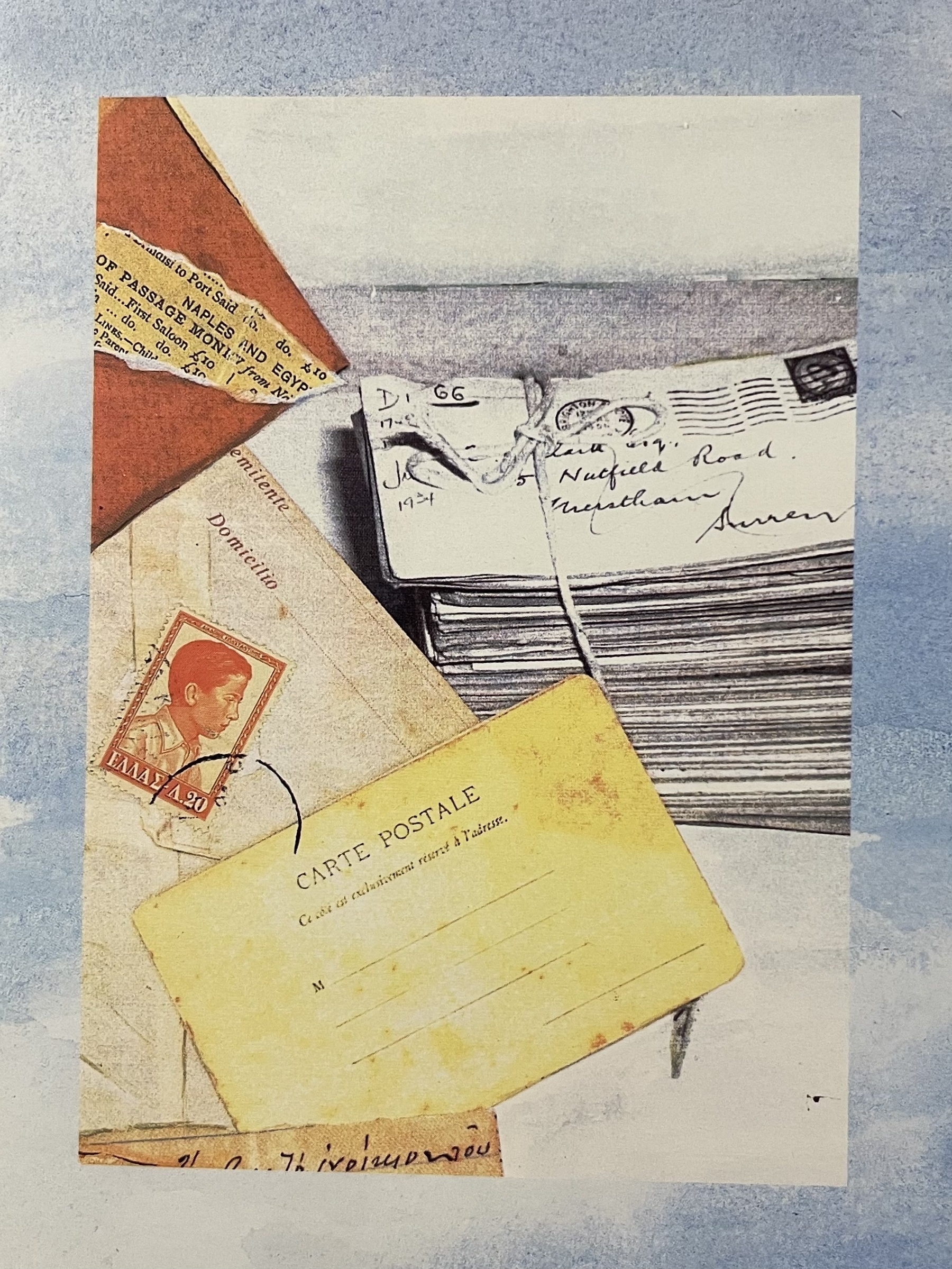
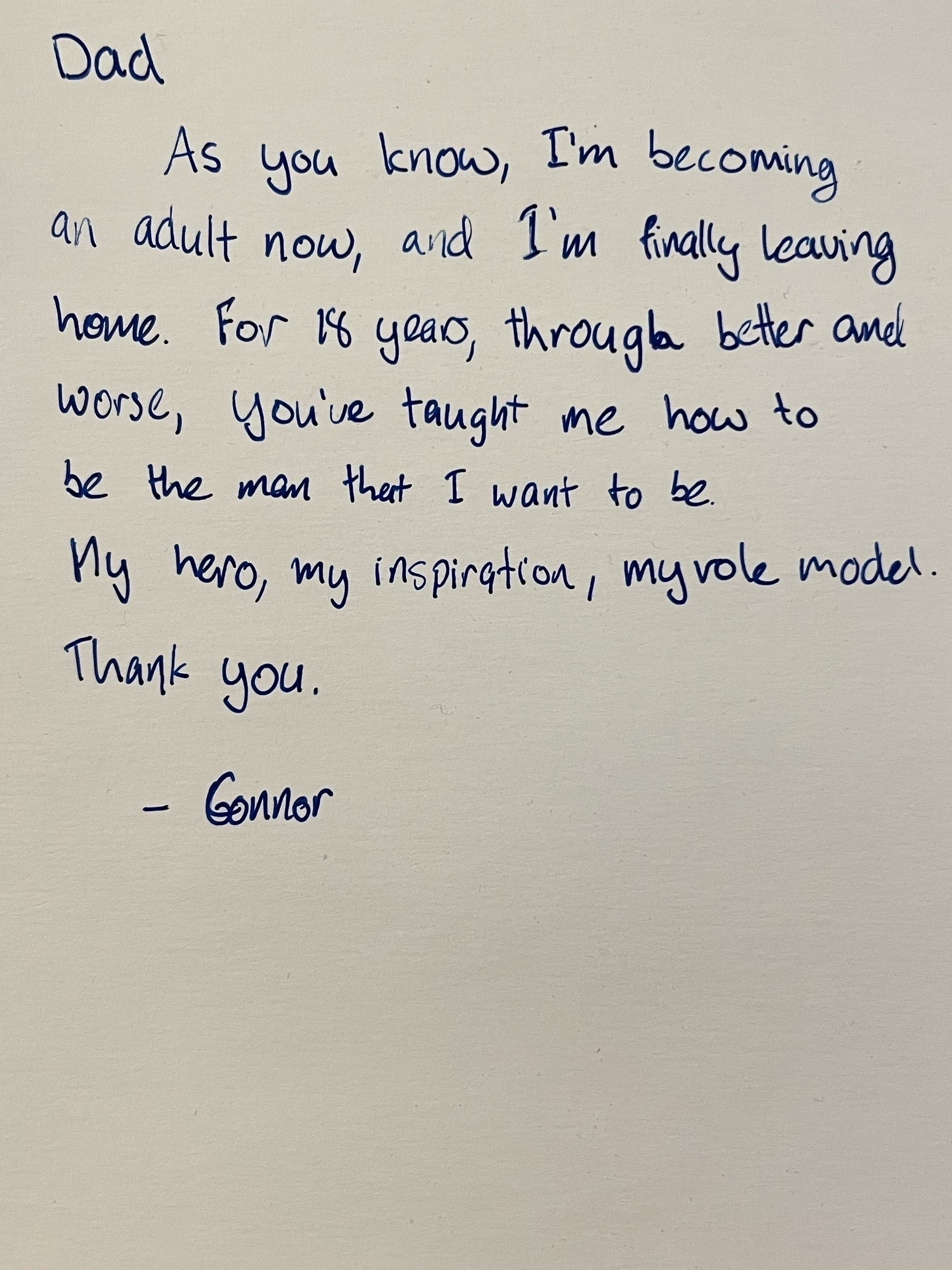
📷 April 2024 Micro.Blog photo challenge, Day 2: Flowers

📷 Day01 : toy (@pcora)


Currently reading: Slow Horses by Mick Herron 📚
Lamb’s laugh wasn’t a genuine surrender to amusement; more of a temporary derangement. Not a laugh you’d want to hear from anyone holding a stick.
I enjoyed the TV series, but the book is even better.

Finished reading: The Peace of Wild Things by Wendell Berry 📚★★★★★
Better than any argument is to rise at dawn and pick dew-wet red berries in a cup.

Currently reading: Sibley’s Birding Basics by David Allen Sibley 📚